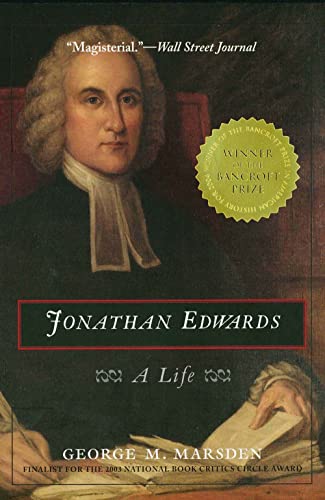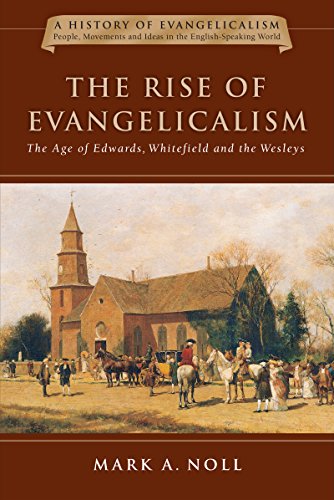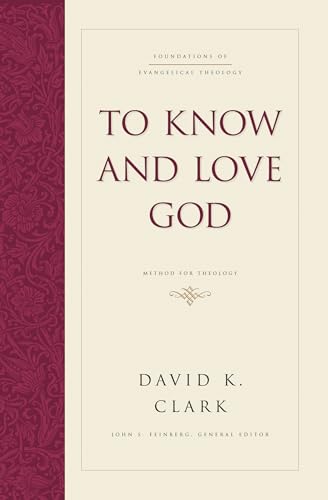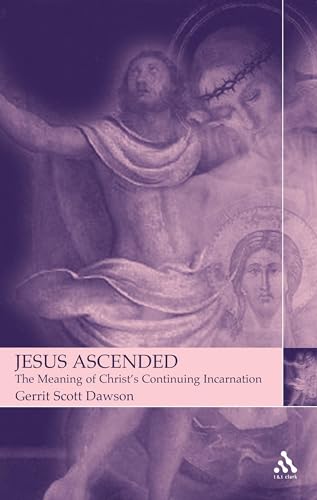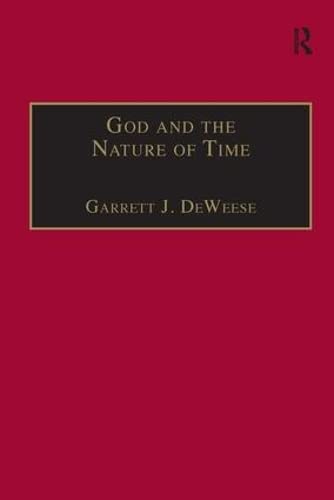Marsden wants to represent Jonathan Edwards as ‘a real person in his own time’ (2), to ‘take seriously his religious outlook on his own terms’ (4), ‘especially as a person in a family setting’ (10). These goals are achieved admirably in this biography of a seminal gospel-thinker and practitioner. The context of eighteenth century North American geopolitics, (where the French Roman Catholics, the Protestant English, and the indigenous Indians are vying for control), the Puritan and emerging evangelical content of Edwards’ preaching and writing, and the dynastic rivalries and interrelationships of New England’s leading families are intricately described. Though Marsden declares himself a fan, he nevertheless wants to tell the story of Edwards’ life and times with as little intrusion as he can manage.
The presentation is roughly chronological, taking us through the critical moments in Edwards’ life and ministry (for example his education at Yale, his pastorates in New York, Northampton and Stockbridge, the publication of his treatises). However, Marsden carefully avoids the pitfall of exegeting a life by merely giving dates and events. We find here no monotonous repetition of ‘Then in 1741 …’. There are helpful explanations of theological terms, summaries of Edwards’ works, critical interaction with other biographers (especially Perry Miller), interspersed in the narrative. There are also descriptions of background politics or sociology, which make the relatively concise chapters (30 over 500 pages) rather more topical in conception. Marsden usefully tries to find a phrase from writing of the period to use a chapter headings, for example chapter 15’s ‘Heavenly Elysium’ is a term from Sarah Edwards describing the ecstasy of her own experiences of revival.
Marsden in quite aware that this book will be consulted topically. When a person is reintroduced into the story, their particulars are re-presented concisely. The genealogical tables of Edwards’ relatives (especially sisters) proved invaluable, given the complicated inter-marriages of relatively few patrician families of the period. Sometimes in consequences of the topical arrangement material was included in a chapter apparently because it didn’t fit elsewhere: at the beginning of chapter 16 we find a couple of pages on the awkward personality of Edwards, even though the chapter is entitled ‘Conservative revolutionary’ and goes on to describe his political commitments. Also, occasional colloquialisms (‘those who had previously hung out with her’ 159) and quite a number of typographical mistakes (‘the competing English factions were too locked in a their death-grips,’ 404) impeded my reading.
If Marsden is driving any agenda, it is simply to expose the ways in which Edwards was influenced both by Enlightenment thinking of his own day, and by the transitional social and political environment of mid-18th century colonial America. You will find no facile intellectual demarcations here. This book will prove excellent for students and pastors, and contributes significantly to present debates concerning the place of evangelical thought in modern American life.
Rhys S. Bezzant
Rhys S. Bezzant
Ridley Melbourne
Parkville, Victoria, Australia


